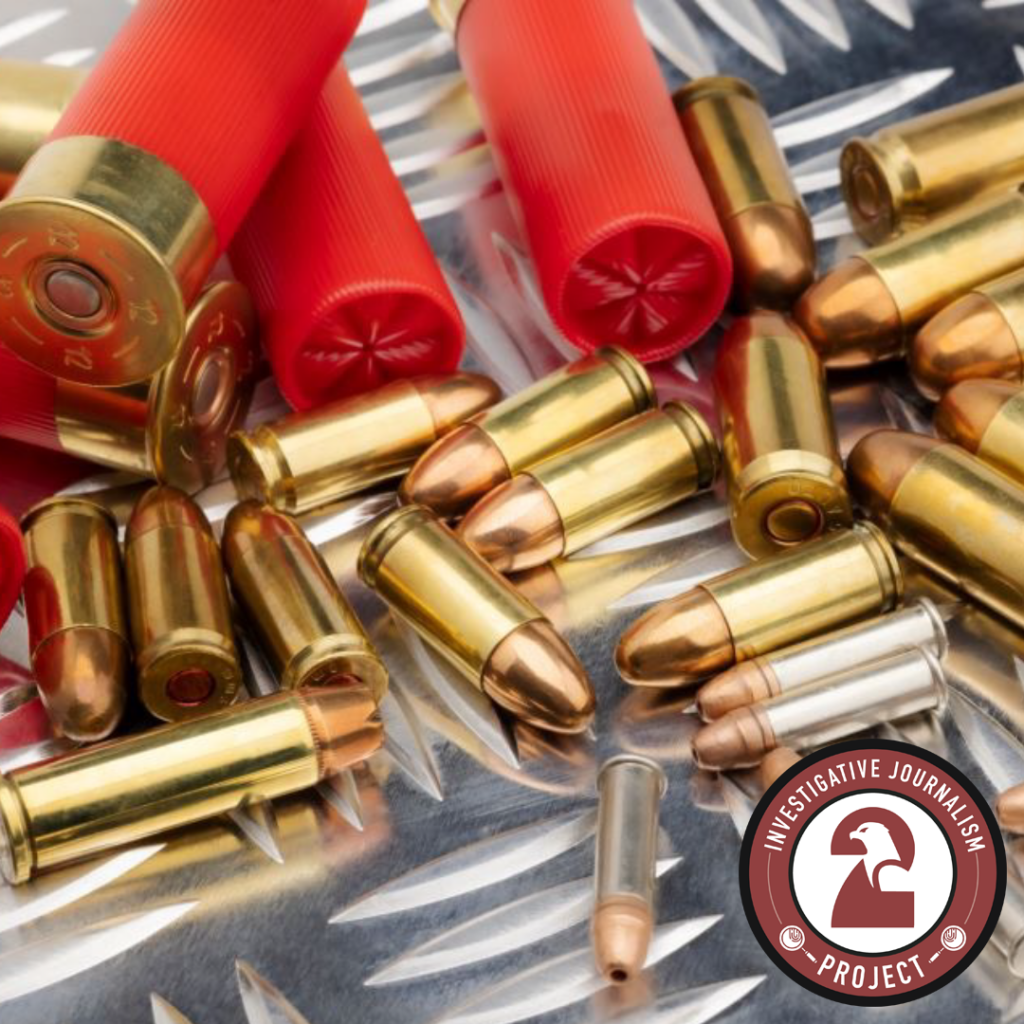by Lee Williams
If you want to buy a box of shotgun shells or even .22 LR anywhere in New York state, be prepared for a bevy of personal questions, a background check that includes a $2.50 fee, and a long wait.
A new state law went into effect last week, which requires ammunition retailers – who must all be licensed by the state – to conduct background checks through the State Police of all ammunition purchasers. The law also requires retailers to create and maintain a database of the purchasers’ personal information as well as a list of exactly what they bought, to include the number of rounds.
Mike Mayhood, owner of Mayhood’s Sporting Goods in Norwich, New York, said the new system is fraught with problems – procedural and constitutional – and will likely put many ammunition retailers out of business.
“We lose money on every box of ammo we sell because of the time involved,” Mayhood said last week. “I’ve never seen things so difficult. It’s not going to get easier. We’re going to have to raise our prices. We know it’s all intentional.”
It can take Mayhood and his employees up to 15 minutes just to enter the information required by State Police into their computer, and then there are delays. His longest was 22 hours. Some customers become irate, Mayhood said.
“Two guys cancelled their order because of the delays and wanted their information taken off the state registry,” Mayhood said. “I called the State Police, but they said there was no way to remove their info. The customers left mad, but it’s not our fault.”
The information required of the purchaser includes:
- Name
- Street Address
- City
- State
- Zip code
- County/Parish/Borough
- Reside in city limits?
- Contact info (confirmed email and primary phone)
- Country of citizenship
- Government ID
- Is the purchaser an alien who has been admitted to the United States under a nonimmigrant visa?
- Social Security Number or UPIN
- Driver’s license number
- Place of birth (Country, state and city)
- Occupation
The information required of the ammunition they purchase includes:
- Manufacturer
- Caliber
- Grain
- Amount of ammunition being purchased (number of rounds)
- Ammunition manufacturer’s number (lot number, serial number of other distinguishing number).
That state law also requires State Police to conduct “periodic” onsite inspections of ammunition and firearm retailers.
Mayhood and his customers are under no illusion of the government’s true intent by requiring so much information.
“New York is creating a gun registry,” he said. “And the rumor going around is that the state is going to institute limits on the amount of ammunition you can buy.”
Norwich is prime hunting land, Mayhood said. Deer and turkey abound. He’d like to quit selling ammunition but knows he can’t. “I’m the only place within hours where you can buy guns and ammo, but I don’t want to sell ammo under these new rules,” he said. “It doesn’t feel right. It feels like a violation of everything.”


